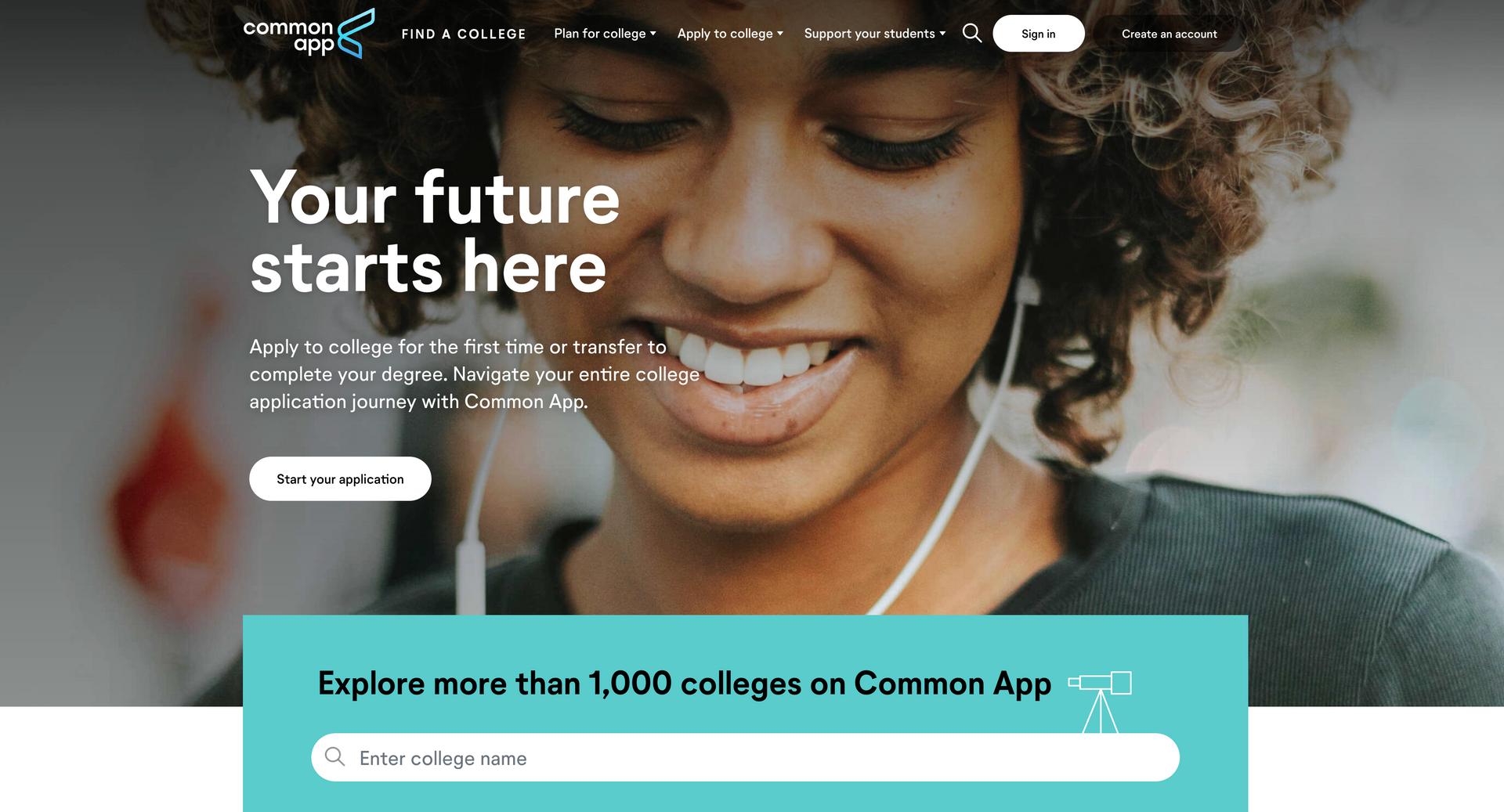The Personal Statement
The Personal Statement: Questions to Ask Yourself Before Putting Pen to Paper
Essay writing can be one of the most challenging and intimidating parts of the college application process. Up until now, the bulk of your writing has been in the form of a non-fiction, analytical essay, you know, the intro, 2-3 analytical paragraphs and finally the concluding one. The college essay requires the writer to reveal, disclose, and reflect . This is tough stuff for anyone, and can be especially daunting for a 17 year old.
I love this part of the process; it allows me to delve into your unique character and help to extract the telling of your story. The personal statement must not only be compelling and interesting, but it should also convey the writer’s voice and personality in 650 words or less. As this process unfolds, honor it. This is your one shot to invite the review committee to see, know and understand you. Don’t waste it.
Identify your Strengths and Weaknesses, Likes and Dislikes. How are you different from the group you hang with? What really matters to you? If you could never do this one thing again… ever …what would it be? Remember, t he specifics of a story are what make for an interesting essay.
What Are Your Key Themes? What are the thing(s), ideas, habits that are consistent in your life? How do you spend the majority of your time? Think about themes that cross over into various parts of your life and find a way to illustrate that theme through a particular story or series of events.
Define a Provocative Incident, or two. In the literary world, every story has an inciting incident, one that sets the story in motion. This can be a big thing or a little one. Think about your own life and identify if there is one event that caused you to think about yourself or the world differently. The key is to show the reader how and why this event impacted you.
What Do You Want to Communicate? Once you determine your topic, think about what you want the admissions person to say about you after he or she has read your application. It should tie back to your strengths and weaknesses.
A Final Note ~This is your application, your essay and your college future. Write in YOUR voice. If I suspect Mom, Dad or your English teacher wrote, or even contributed a paragraph or a sentence, I will bust you. And if I can identify the blunder, the admissions committee surely can, and will. And if that happens, your application will most likely go straight to the NO pile.




CONTACT US
SIGN UP FOR OUR NEWSLETTER
Contact Us
Please try again later







